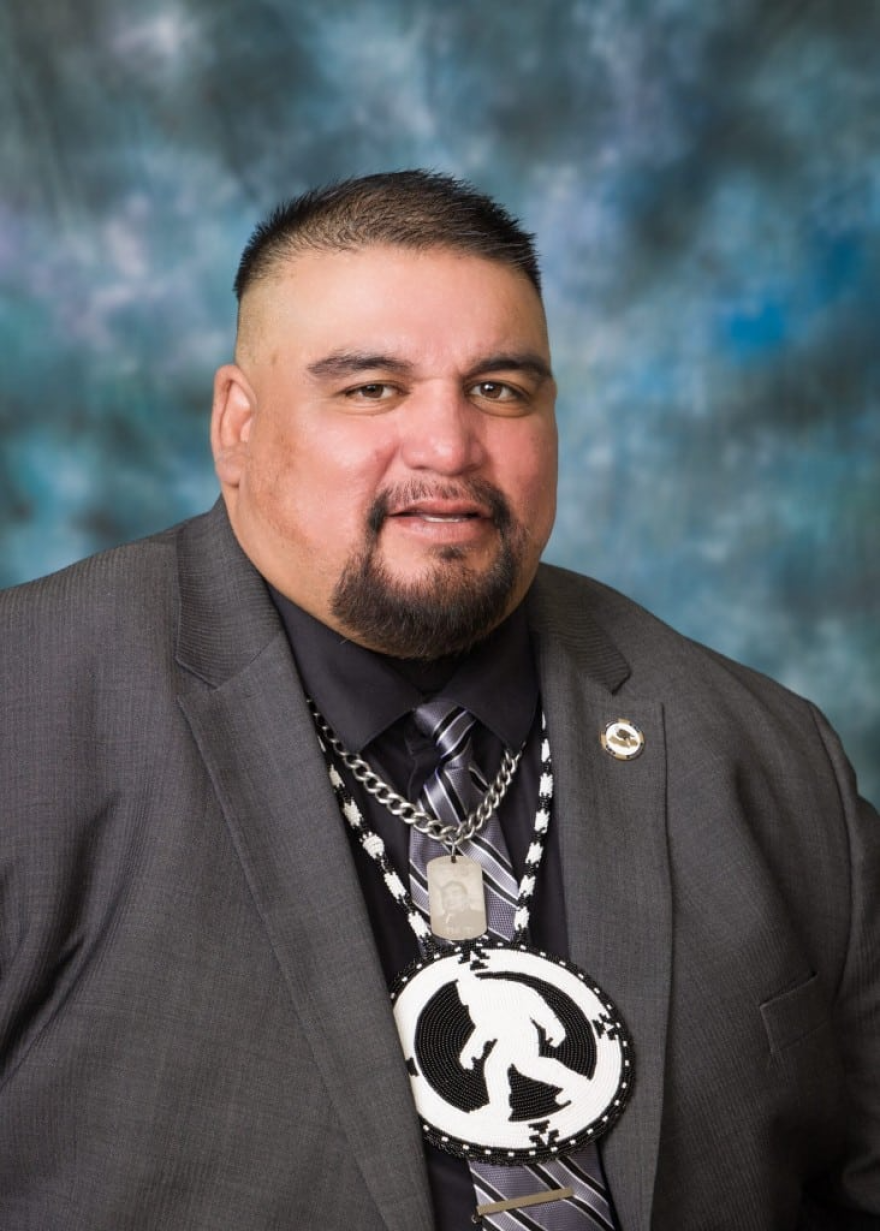This story was originally published by SJV Water.
A bill that would finally formalize a 2007 agreement between the Tule River Indian Tribe and several downstream agricultural users advanced to the Senate earlier this month.
The “Tule River Tribe Reserved Water Rights Settlement Act of 2025,” introduced by Senators Alex Padilla and Adam Schiff (both D-California), advanced from the Committee on Indian Affairs and will be heard on the Senate floor.
If passed, the bill would accomplish several tasks, including securing an annual supply of 5,828 acre feet of surface water from the South Fork of the Tule River for the reservation’s domestic water system, which serves more than 400 homes and all of its administration buildings.
“Meeting basic water needs is foundational to any society, and it is directly linked to our ability to exist as a sovereign nation,” said Lester Shine Nieto, Tribal Council chairman in his committee testimony Feb. 25. “In these last years, we have learned more than ever that water is sovereignty.”

The bill also authorizes the transfer of more than 10,000 acres of federal land in Sequoia National Forest into a trust so the tribe can manage the headwaters of the Tule River.
This plays into the tribe’s plans to build a reservoir to store water, bringing a permanent solution to those who live on the reservation, which has been plagued with water quality and scarcity issues for decades.
Bottled water is the norm
The Tule River Indian Reservation is east of Porterville and covers about 85 square miles between 900 to 7,500 feet in elevation. The South Fork of the Tule River runs through the reservation, which then flows into the Tule River at Success Lake, about ten miles to the west.
The South Fork provides about 80 percent of the tribe’s water, but the tribe is unable to use most of the river flow without a way to capture and store early season runoff.
For the past 20 years, Nieto said persistent drought forced tribal leaders to reduce water or completely turn off their water system.
“Homes typically run out of water during peak summer months and members must travel to trucked-in water stations to bathe and obtain bottled water for their home use,” Shine testified. “When there are outages people cannot cook, or bathe, and members must rely on bottled water for basic needs. They may miss work or school.”
Critical services including its elementary school, justice center and government offices are forced to close during water shortages.
“The shortages impact not only our people’s physical well-being, it also is detrimental to our economy,” he said.
Recent wildfires, including the Pier Fire in 2017 and Windy Fire in 2021, have exacerbated the tribe’s chronic water issues.
For example, even in 2023, a year of record rainfall that saw the Tule River flowing at a steady clip well into the summer months, the reservation’s water system could not meet demand because of, ironically, too much water.
Hurricane Hilary blew through the area, washing dirt and debris from the burn scars into the river. The muck meant the reservation’s water treatment system could not use the river water, and thus was unable to meet demand. Residents were out of water for eight days.
Nieto said this event highlighted the need for reforestation of the Tule River headwaters so the tribe can manage its main source of water more fully. A reservoir will also aid in future wildfire suppression.
“Being a team player with our neighboring land managers will also mean the reservoir can provide more immediate access to an emergency water supply in the face of wildfire to the benefit of all landowners and managers in the area,” Nieto said.
Years in the making
The Tule River Indian Tribe began efforts to secure its federally reserved water rights in 1971, according to a press release from the senators. The tribe studied possible storage options and entered into an agreement with the Tule River Association and the South Tule Independent Ditch Company. This was known as the 2007 Settlement Agreement.

The proposed legislation would ratify that agreement and is supported by both surface water entities.
“We support the Tule River Water Settlement bill, which would authorize and ratify our long-standing agreement with the Tule River Indian Tribe,” Tule River Watermaster Dave DeGroot said in an email on behalf of the Tule River Association. Members of the Tule River Association include Vandalia, Lower Tule River and Porterville irrigation districts and Pioneer Water Company.
The agreement was negotiated by DeGroot’s predecessor, engineer Dick Schafer, for whom the dam at Success Lake was named.
“We encourage passage of the Tule River Water Settlement bill, so that our long-standing agreement will be ratified and put into effect,” DeGroot said.
South Tule Independent Ditch Company President Jason Guthrie agreed.
“The act substantially supports negotiations and agreements between the Tule River Tribe and downstream users that have occurred over the past 40 plus years,” he said. “We look forward to working with our partners along the South Fork of the Tule River for the benefit of all parties concerned.”
In his comments before the Committee on Indian Affairs, Nieto spoke to the reservoir’s importance for all users of the Tule River, noting that it will capture early season runoff and make it available year-round, creating a consistent water supply for not only the reservation, but also the state-based water users downstream.
“The operation rules for the future Tule River water storage project will mandate minimum releases for the benefit of downstream users,” he said.

